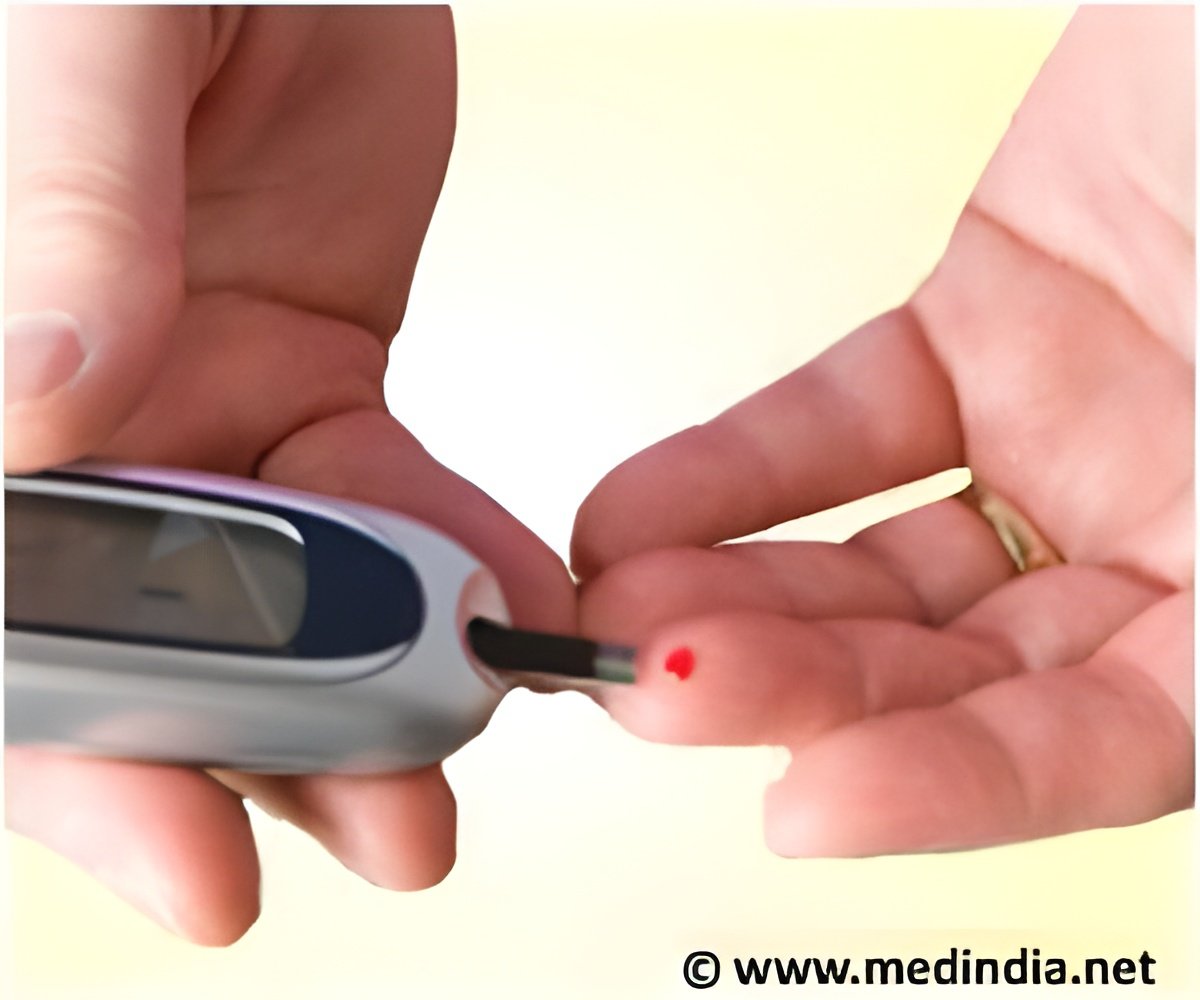Chromosomes in stem cells in the lab take time to open but until then, they do not respond to the added growth factors needed to become liver or pancreatic cells.

Dr. Mike Sander, professor of pediatrics and cellular and molecular medicine, and Director of the Pediatric Diabetes Research Center at UCSD, said, “Our ability to generate liver and pancreatic cells from stem cells has fallen behind the advances we’ve made for other cell types. So we haven’t yet been able to do things like test new drugs on stem cell-derived liver and pancreatic cells. What we have learned is that if we want to make specific cells from stem cells, we need ways to predict how those cells and their chromosomes will respond to the growth factors."
The study found that the chromosomal regions that need to open before a stem cell can fully differentiate are linked to regions where there are variations in certain disease states.
If a person was to inherit a genetic variation in chromosomal region and doesn’t open at the right time, the person is more susceptible to a disease affecting that cell type.
The research team is further working to investigate the role of these chromosomal regions and their variations play in diabetes.
The study was funded by the National Institutes of Health, California Institute for Regenerative Medicine, the Helmsley Charitable Trust and Juvenile Diabetes Research Foundation.
Advertisement
Advertisement















